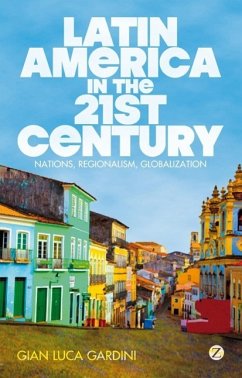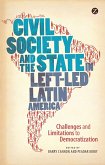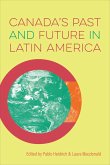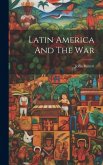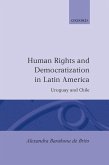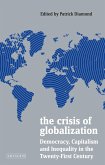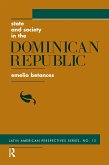Twenty-first century Latin America is rich in history, culture and political and social experimentation. In this fascinating and insightful analysis, Gardini looks at contemporary developments at three interconnected levels: the state, the region and the international position of Latin America. At the state level, leaders such as Evo Morales of Bolivia or Chavez of Venezuela embody a renewed intellectual autonomy in the continent, while revealing significant discrepancies between their rhetoric and their actions. At the regional level, while a consensus has emerged over Latin American unity as the only way towards development, the existence of several competing schemes of regional economic and political integration more accurately reflect the actual diversity of the area. At the global level, elements of change - such as the rise of Brazil and the involvement of new trade partners such as China - sit alongside traits of continuity, such as the crucial political, economic and ideational role played by Washington.
